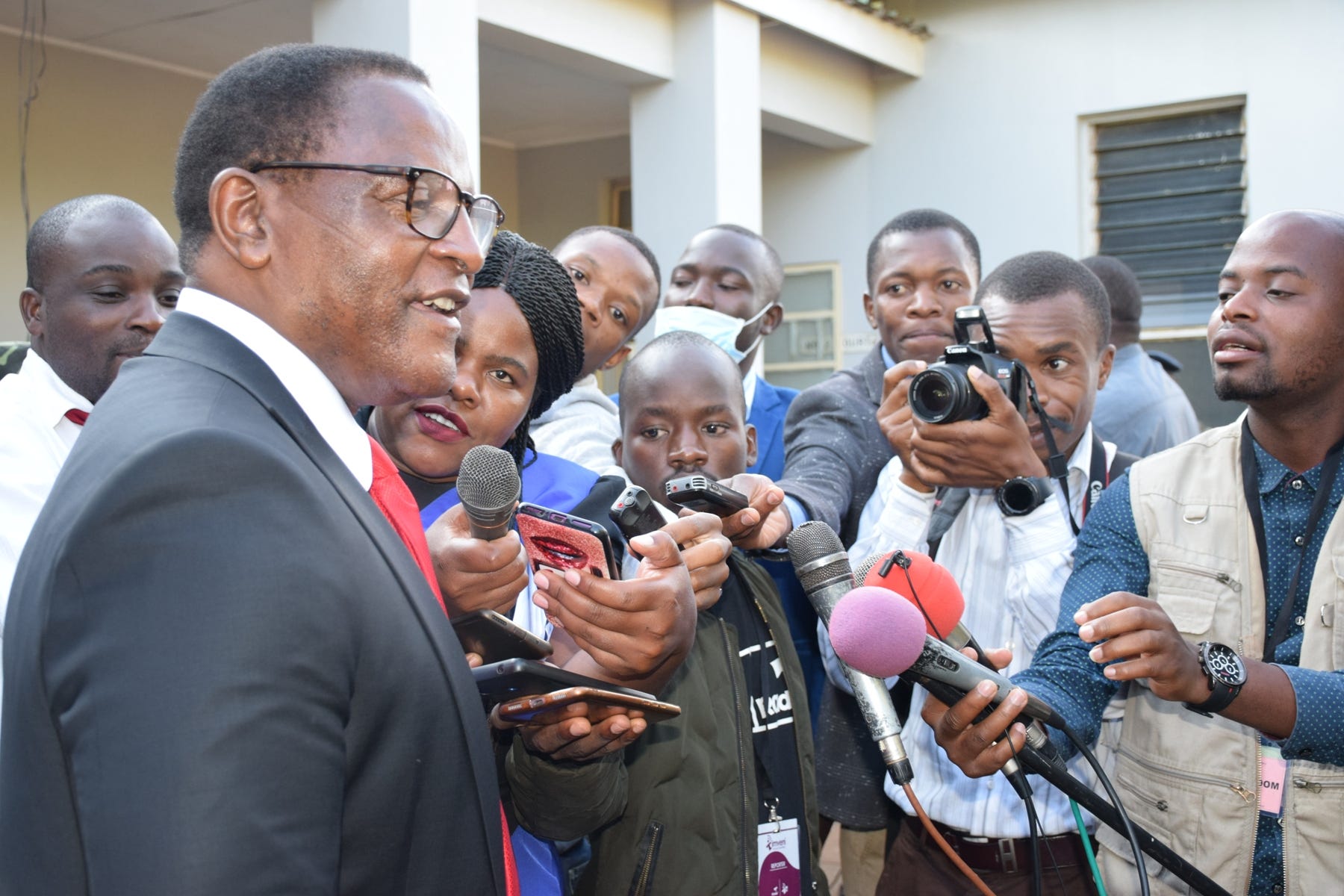Malawi: Misa’s reactive stance threatens journalists’ protection and welfare—call for urgent reform

The Media Institute of Southern Africa (MISA) Malawi chapter, once a beacon for championing journalists’ rights and welfare, is facing growing criticism for its reactive and limited approach to defending the very professionals it pledges to protect.
Repeatedly, MISA Malawi has confined itself to issuing condemnations only after journalists face harassment or attacks.
The recent incident in Lilongwe, where Democratic Progressive Party (DPP) supporters obstructed reporters from covering Peter Mutharika’s presentation, is just the latest example. While public statements are necessary, critics argue they fall far short without accompanying proactive measures to prevent future violations or meaningful support for victims.
“If this is the extent of MISA Malawi’s role, then the organization’s existence is questionable,” a growing chorus of voices within the media fraternity insist.
Beyond harassment, Malawian journalists endure daily challenges—excessive workloads, paltry salaries, and exploitative working conditions—that remain glaringly unaddressed by MISA Malawi. Junior reporters, especially, often struggle to survive on meagre allowances while tirelessly pursuing stories across the country. This persistent neglect erodes both the dignity of the profession and its reputation.
Alarmingly, some media houses pay reporters as little as K100,000—a figure far below living costs—while editors reportedly pocket sizeable event allowances, sidelining the very reporters covering those events. Critics contend that MISA Malawi’s silence on such systemic abuses enables their persistence.
Calls are mounting for MISA Malawi to broaden its mandate beyond reactive condemnations. It must evolve into a powerful advocate for journalists’ rights within their workplaces—investigating exploitative labour practices, demanding fair wages, and ensuring safe working environments.
“To preserve its credibility and fulfill its original purpose, MISA Malawi must take a firm stand against media house abuses,” said one industry insider.
“A strong, unequivocal letter of condemnation to exploitative employers should be the starting point.”
Without decisive reform, MISA risks irrelevance—a symbolic institution disconnected from the realities journalists face daily.
The future of journalism in Malawi depends on MISA Malawi’s ability to shift from mere reaction to proactive protection, championing the welfare and rights essential to sustaining a free and vibrant press. Failure to do so would be a disservice not only to journalists but to Malawi’s democracy itself.
About The Author
dailymailafric
I am an avid African news observer, and an active member of Daily Mail Africa.
I’m Passionate about staying informed on diverse topics across the continent,
I actively contribute to publishing on political, economic and cultural developments in Africa.



